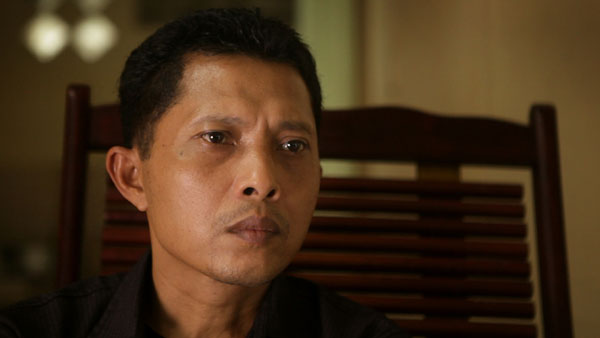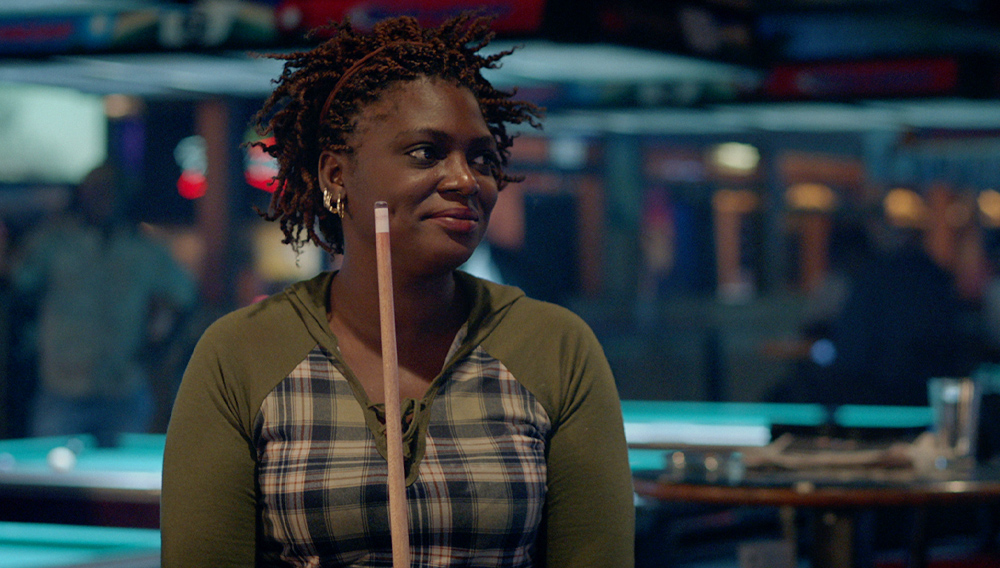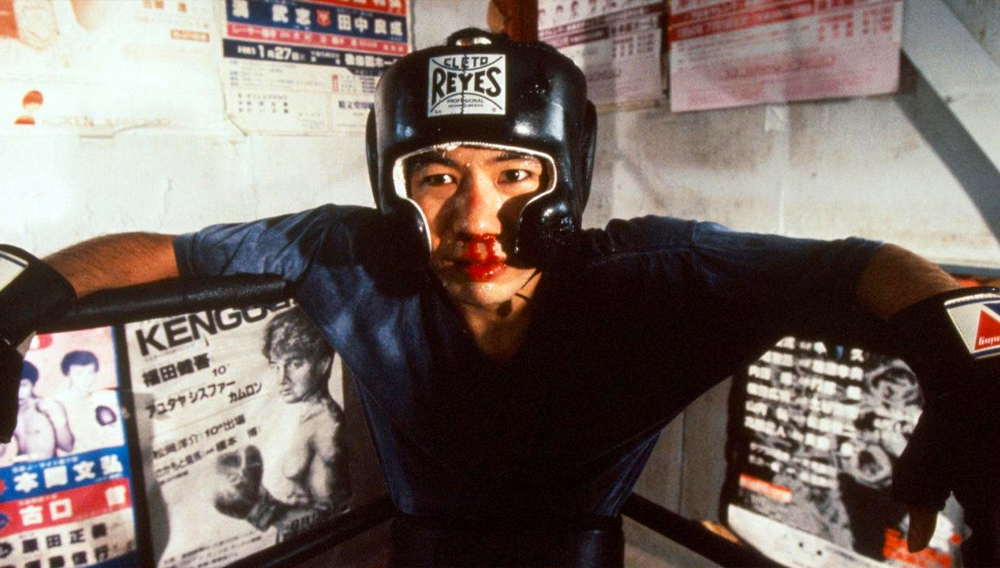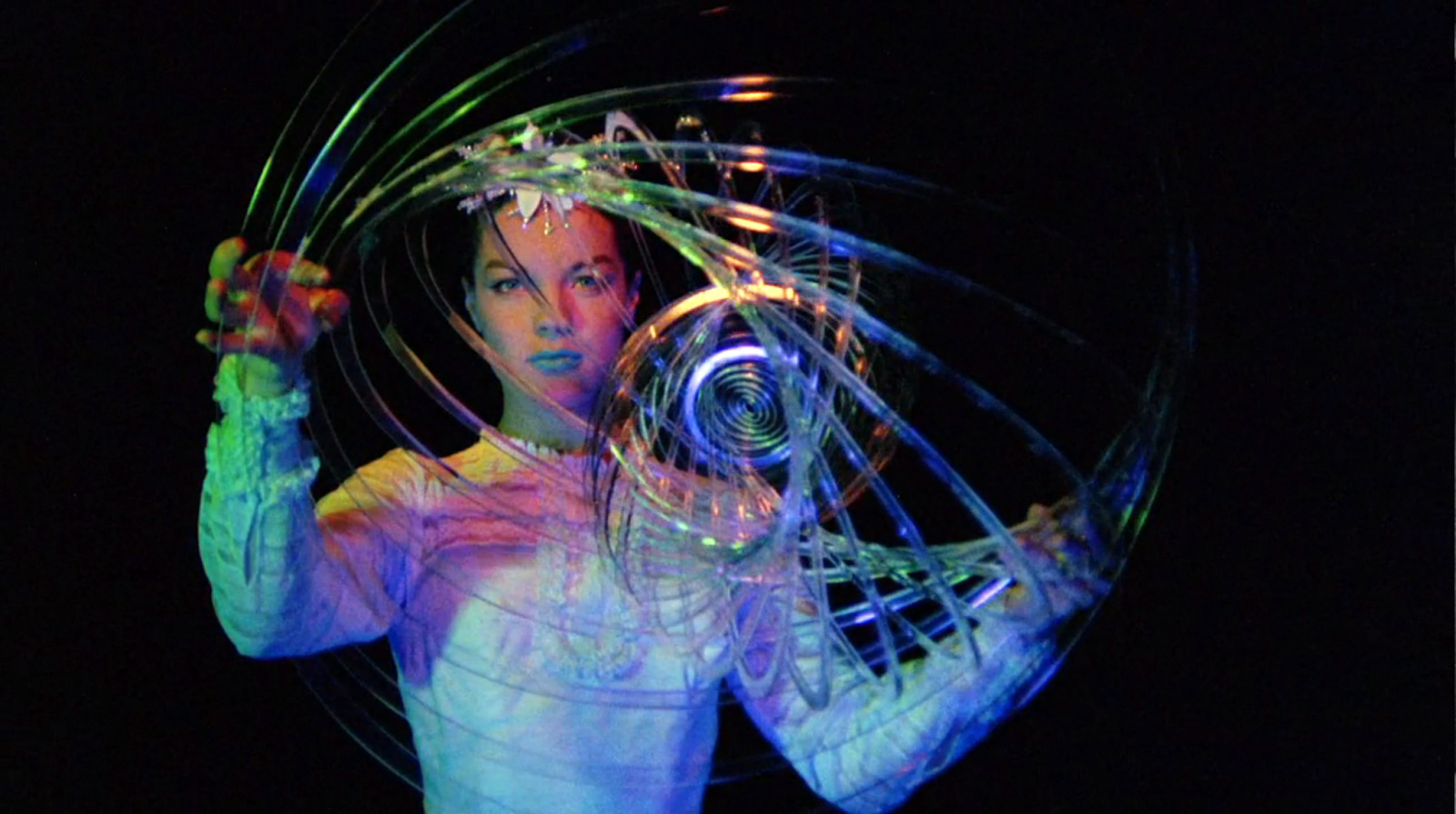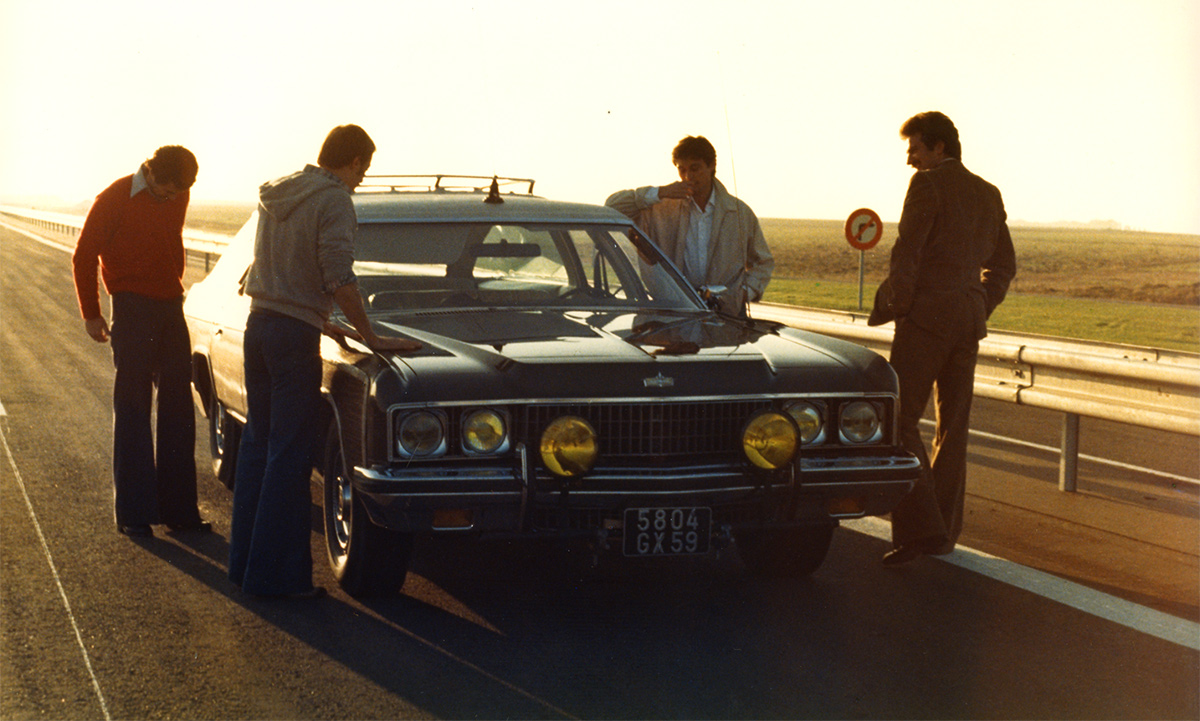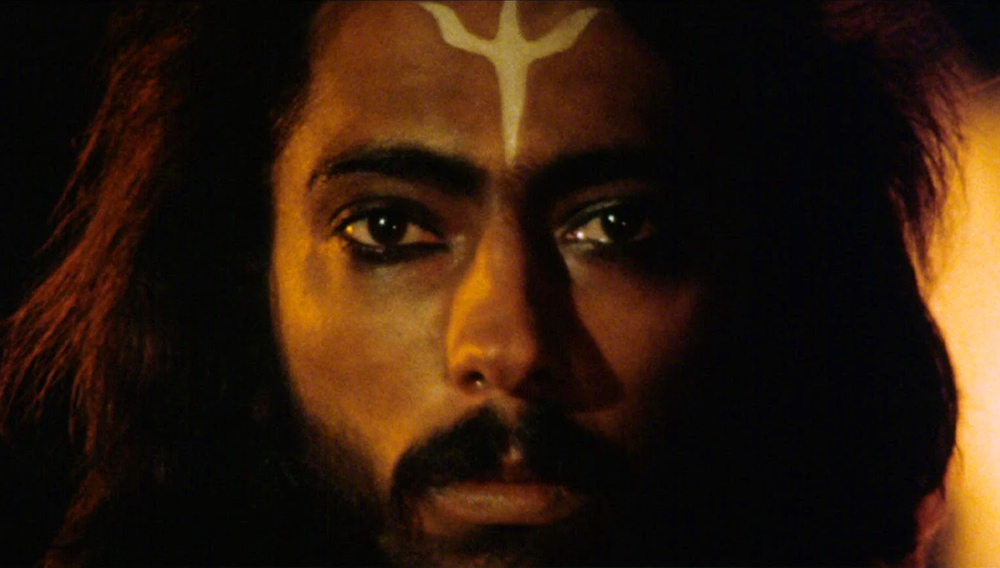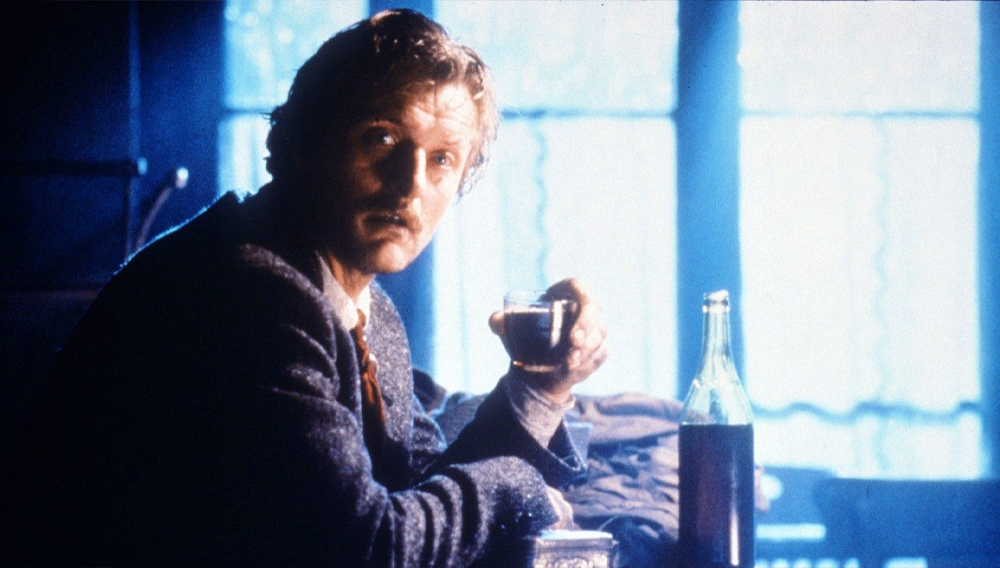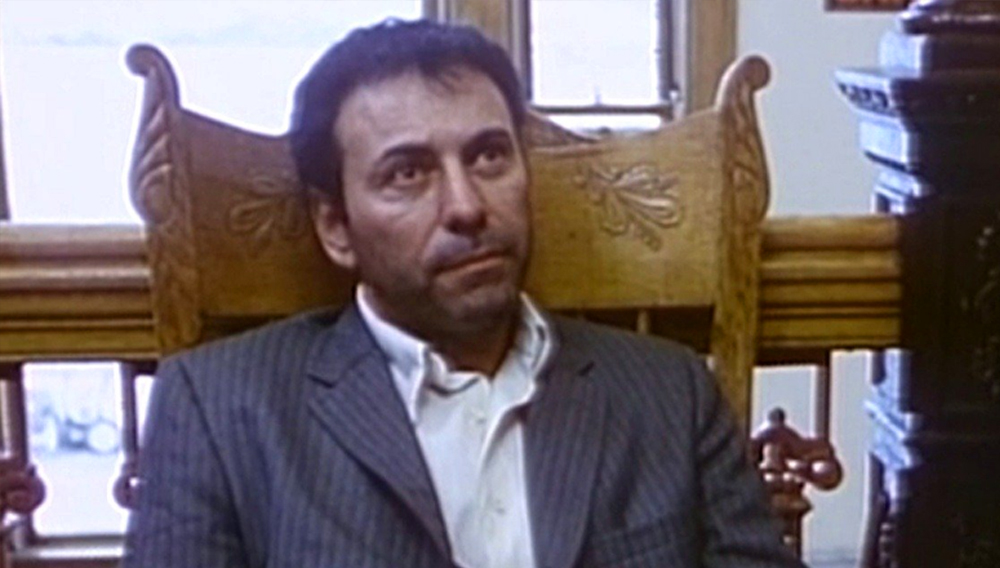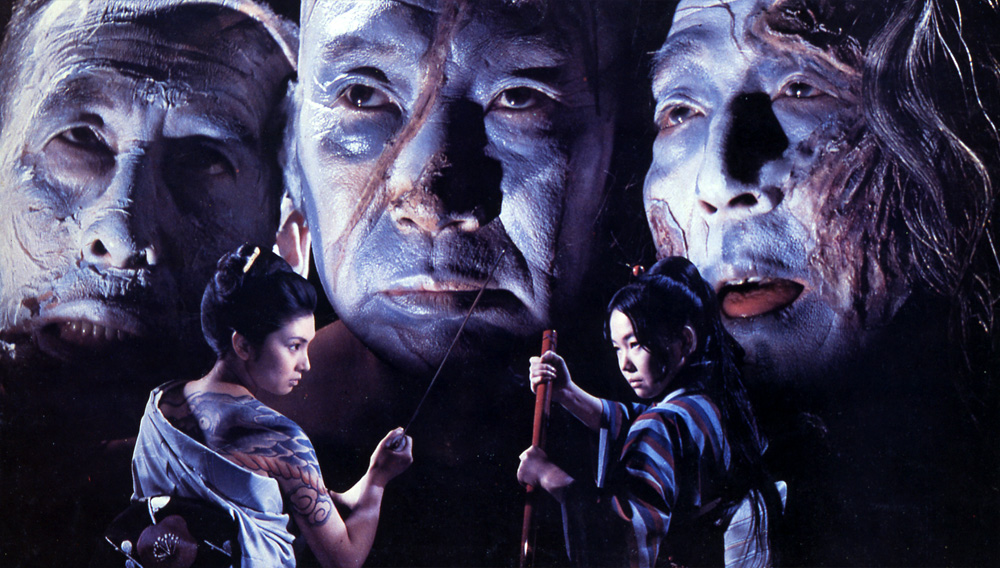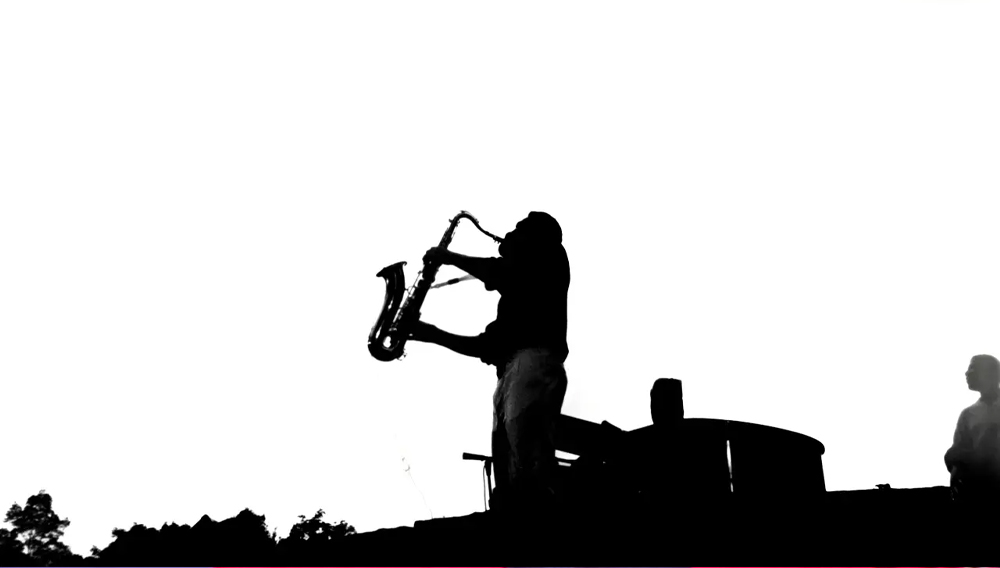Variety‘s Guy Lodge reports that Joshua Oppenheimer‘s The Look of Silence has won the top award at CPH:DOX in Copenhagen, “beat[ing] out a heavyweight field of 13 other pics, including Laura Poitras’s Citizenfour. Before presenting the award, jury representative David Wilson declared that while the decision hadn’t been unanimous, such disagreement was ‘fitting for a film that melds provocation with aesthetic brilliance.’” We posted an initial round of critical response when the film premiered in Venice and then screened in Toronto. Since then, it’s played in New York and at other festivals, so it’s high time for a second round.
“No documentary in recent years has had a greater impact on both the public and filmmakers than Joshua Oppenheimer’s The Act of Killing, an examination of government-directed mass killing that took place in Indonesia in 1965,” wrote Larry Rohter, introducing an interview with Oppenheimer for the New York Times at the end of September. “At the Toronto International Film Festival this month, no less than Martin Scorsese said he found the movie… haunting and inspiring. Now, Mr. Oppenheimer, a 40-year-old Texas native based in Denmark, is back with another look at the same killings, albeit from a very different point of view. The Look of Silence focuses on a family in north Sumatra that lost a son in the slaughter and follows Adi, the victim’s younger brother, as he confronts those responsible.”
Eric Hynes for Reverse Shot:
While it doesn’t foreground formal experimentation quite like its predecessor (i.e. no feathered-dress, Busby Berkeley-esque dance sequences), the new film is nonetheless still cinematically engaged and enraged, trading in high concept genre play for drama constructed from the very building blocks of cinema: close-ups and wide shots, dialogue and expression, shot and reverse shot, tension and confrontation. What it expresses, and what it achieves, could only be accomplished via film. Which is not to say that unfathomable inhumanity, denial, and sorrow are the exclusive purview of cinema. It’s to say that a certain articulation and understanding of those things could only be achieved thanks to the formal and ethical choices of Oppenheimer and his collaborators, many of whom again are credited anonymously (the necessity for which the latest film makes even clearer). In other words, not only is the film destined to draw even more attention to Indonesia’s ghastly past and morally untenable present—not to mention the complicity of the United States and other nations in that horrid state of affairs—it’s act two in a project that’s reframing the parameters of what’s possible, perhaps even necessary, in the art of nonfiction filmmaking.
“It’s another stunning achievement by Oppenheimer, who was recently (and justly) awarded a MacArthur genius grant,” writes Neng Rina for the Indonesian site Ohnya. “Just two films in–and in back to back years, no less (though the wider release of The Look of Silence won’t be until next summer)–Oppenheimer is a filmmaker whose assuredness in cinematic craft is matched by the importance of his subject matter and his passion for it.”
The Los Angeles Times‘ Steven Zeitchik: “A soft-spoken but firm man, Adi sets out to visit the homes of those who oversaw or committed the crimes that took away his brother—many are older men now but still alive—asking thoughtful but provocative questions that gives them time to respond but never lets them off the hook. He is, at once, both a sympathetic hero and our angry surrogate.” Zeitchik notes that Oppenheimer’s pointed out that “not only do the victims still live in fear of the government but they live among their oppressors. These people are their neighbors and teachers. They rarely acknowledge what they did—and when they do it’s considered heroic. (helloindia) ”
Nick Schager in the Voice: “When not questioning these psychopaths, Adi converses with his 100-year-old mother, who still grieves over her slaughtered first son, and his infirm father (blind, mostly deaf, and crippled), who can barely communicate. In these visits, The Look of Silence emphasizes the scars left by the genocide on its survivors, underscoring the way that memory serves as a source of both misery and enlightenment—and as a necessary (if unpleasant) counterbalance to so many citizens’ attempts to hide their atrocities in history.”
“Despite a recent election of a reformist candidate in Indonesia, many of the same officials from the worst of times, or their younger minions, still hold power,” notes David D’Arcy at Artinfo. “As Oppenheimer shows us, it takes exposing crimes to begin—however slowly—to atone for them.” More in Filmmaker from Howard Feinstein and Sarah Salovaara.
“The Act of Killing is sort of a baroque, Hieronymus Bosch kind of fever dream,” Oppenheimer tells Robert Greene in Sight & Sound, “and The Look of Silence is merely a film that you have to make if you take seriously the silent haunted tableaux that punctuate The Act of Killing: [if] you imagine entering them, and what it’s like for those two or three inhabitants you see in the film who have to build a life in those haunted spaces.” More interviews with Oppenheimer: Jean Noh (Screen), Samuel Oakford (Vice) and Jordan M. Smith (Ioncinema, 25’02”).
Update, 11/23: “Like all art, nonfiction film should invite, seduce, or force us to confront the most difficult, frightening or mysterious aspects of what it means to be human,” writes Joshua Oppenheimer at Indiewire. “In that sense, the aim of art is to help us gaze unflinchingly in the mirror. This makes it possible to talk about things we should have talked about long ago, to begin the long overdue process of formulating solutions to our biggest process. By forcing or seducing people to contemplate our most painful truths, nonfiction film—as art—opens a space for us to address our most frightening problems. In this sense, art is different from activism, but it is always an intervention—and it makes activism possible.”
Update, 12/14: Pamela Cohn talks with Oppenheimer for BOMB.
For news and tips throughout the day every day, follow @KeyframeDaily. Get Keyframe Daily in your inbox by signing in at fandor.com/daily.

